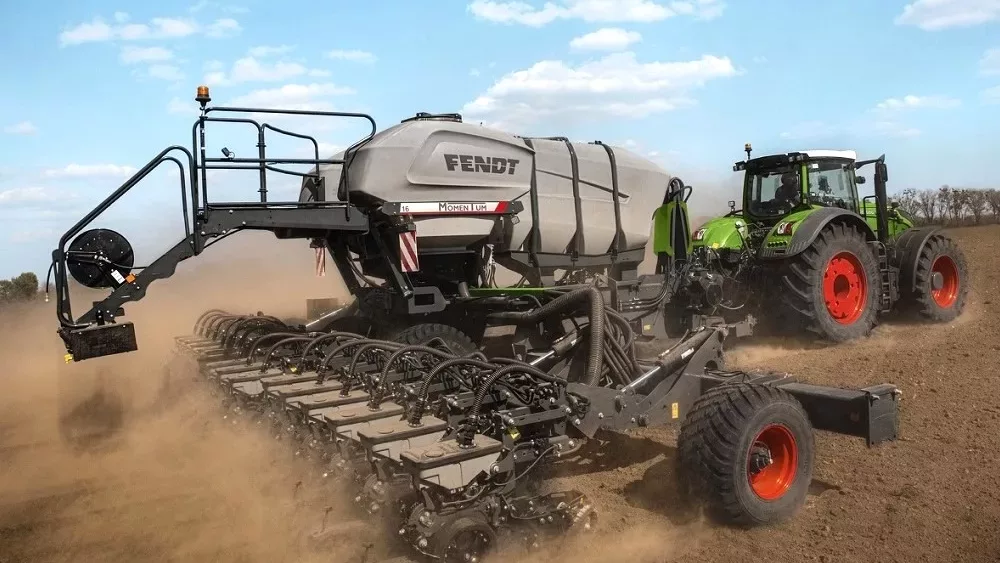
An Ohio family is mourning the loss of three brothers after a farm accident involving a manure pit.
According to the St. Henry, Ohio fire chief, Gary, Todd and Brad Wuebaker were working on a pump and passed out from the fumes. Tess Van Gorder, Michigan Farm Bureau’s Agricultural Ecology Dept. associate policy and regulatory specialist, says this work can be high-risk.
“One of the most dangerous things about working around manure storage and manure pits is the manure gasses,” she says. “There’s four main ones: methane, ammonia, carbon dioxide and hydrogen sulfide. Hydrogen sulfide is the one that can turn very toxic very quickly, and methane can be explosive.”
These gasses are often odorless. If someone is working around manure storage, she suggests having a multi-gas monitor at the ready.
“That will help tell you the levels of these gasses, especially hydrogen sulfide,” says Van Gorder. “But if carbon dioxide becomes too high and that’s displacing your oxygen, that monitor will tell you that too. If it starts going off, it will be able to tell you to get out of where you are.”
Van Gorder works with the Michigan Manure Hauler Certification Program. This voluntary training program helps producers develop an emergency action plan and the steps to take if a situation occurred.
“Making sure you have that personal protective equipment available and people know how to use it, making sure you call 911 first and that if there’s someone unconscious, you want those first responders there,” she says. “It’s [about] having those plans and those buddy systems to make sure that everyone’s being safe and everyone knows the proper processes to happen.”
She says having everyone on the farm know about safety measures and preventative measures can help avoid fatal situations on the farm.
To learn more about the Manure Hauler Certification Program, click here.





